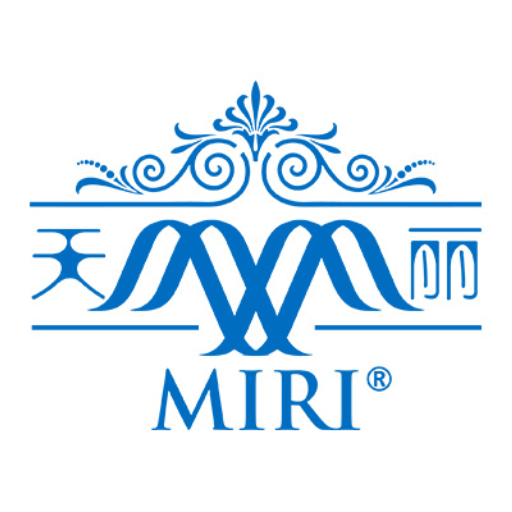Collagen 101: The Ultimate Guide to Boosting Skin, Hair, and Joint Health
Collagen is the most abundant protein in our bodies, making up about 30% of our total protein content. As we age, our natural collagen production declines dramatically – starting as early as our mid-20s. This gradual loss leads to visible signs of aging like wrinkles, sagging skin, and weaker joints. But what exactly is collagen, and how can we maintain healthy levels for youthful vitality?
What Is Collagen and Why Is It Important?
Collagen is the structural protein that acts as the “glue” holding our bodies together. It forms the scaffolding for our skin, bones, tendons, ligaments, and muscles. There are at least 16 types of collagen, but types I, II, and III make up 80-90% of what’s in our bodies.
This vital protein provides:
- Skin elasticity and hydration
- Joint cushioning and flexibility
- Gut lining integrity
- Hair strength and growth
- Nail durability
When collagen declines, we notice more than just cosmetic changes. Studies show that reduced collagen contributes to joint pain, slower wound healing, and even digestive issues. That’s why maintaining healthy collagen levels is crucial for both beauty and wellness at any age.
Top Collagen-Rich Foods to Eat Regularly
While our bodies produce collagen naturally, we can boost production through diet. These collagen-promoting foods should be staples in your nutrition plan:
Bone Broth
Simmered for hours to extract collagen from bones, this mineral-rich elixir provides readily absorbable collagen peptides along with gut-healing amino acids.
Egg Whites
Contain proline and glycine – key amino acids needed for collagen synthesis. The yolk also provides skin-nourishing biotin.
Citrus Fruits
Vitamin C is essential for collagen formation. Oranges, grapefruits, lemons and limes help cross-link collagen fibers for stronger structures.
Leafy Greens
Spinach, kale and Swiss chard provide antioxidants that protect existing collagen from damage while supplying vitamin C.
Berries
Packed with antioxidants that fight collagen-destroying free radicals from sun exposure and pollution.
For optimal results, combine these foods with a high-quality collagen supplement like Miri Collagen Protein derived from fish skin peptides for superior absorption.
Signs You May Need More Collagen
How do you know if you’re collagen-deficient? Watch for these telltale signs:
- Increased wrinkles and loss of skin firmness
- Joint stiffness or pain
- Thinning hair or weak nails
- Slow wound healing
- Cellulite becoming more noticeable
- Gut inflammation or digestive issues
If you’re experiencing several of these symptoms, it may be time to ramp up your collagen intake. Learn more about how collagen specifically benefits women’s health in our detailed guide.
Collagen Supplementation: What Works Best
While eating collagen-rich foods helps, supplementation provides concentrated doses of bioavailable collagen peptides. Here’s what to look for in a quality supplement:
Source Matters
Bovine (cow), marine (fish), chicken, or eggshell membrane collagen each have slightly different benefits. Marine collagen has shown particularly high bioavailability.
Hydrolyzed Form
“Hydrolyzed” means pre-digested into smaller peptides for easier absorption. Look for this on the label.
Added Nutrients
Vitamin C, hyaluronic acid, and ceramides enhance collagen’s effects by supporting production and retention.
Our Miri Collagen Protein checks all these boxes with marine-sourced peptides combined with skin-nourishing nutrients. Many users report visible improvements in skin elasticity within just 4-6 weeks of consistent use.
Lifestyle Habits That Support Collagen Production
Beyond diet and supplements, these daily practices help maintain youthful collagen levels:
Sun Protection
UV rays break down collagen fibers. Wear SPF 30+ daily, even when cloudy.
Quality Sleep
Deep sleep triggers growth hormone release, which stimulates collagen production.
Stress Management
Chronic stress increases cortisol, which inhibits collagen synthesis. Try meditation or yoga.
Collagen-Boosting Facials
Microneedling and red light therapy can stimulate the skin’s collagen factories.
Smoking Cessation
Chemicals in cigarettes damage collagen and elastin. Quitting helps skin repair.
For comprehensive beauty support, consider pairing collagen with our Miri Beauty Revital supplement containing phytoestrogens that work synergistically with collagen.
Collagen Myths vs. Facts
There’s plenty of misinformation about collagen. Let’s set the record straight:
Myth: Topical collagen creams are as effective as supplements.
Fact: Collagen molecules are too large to penetrate skin. Supplements work from within.
Myth: All collagen supplements are created equal.
Fact: Source, processing method, and added ingredients dramatically impact effectiveness.
Myth: Younger people don’t need collagen supplements.
Fact: Environmental stressors damage collagen at any age. Early prevention is ideal.
Myth: You’ll see results overnight.
Fact: Collagen regeneration takes weeks to months. Consistency is key.
For more science-backed collagen insights, read our article on how collagen supports youthful skin and overall wellness.
The Bottom Line
Collagen isn’t just a passing beauty trend – it’s a fundamental building block of health. By combining collagen-rich nutrition, smart supplementation, and protective lifestyle habits, you can maintain your body’s structural integrity from the inside out. Remember that visible changes take time, but the long-term benefits for your skin, joints, and overall vitality make collagen support well worth the investment.
